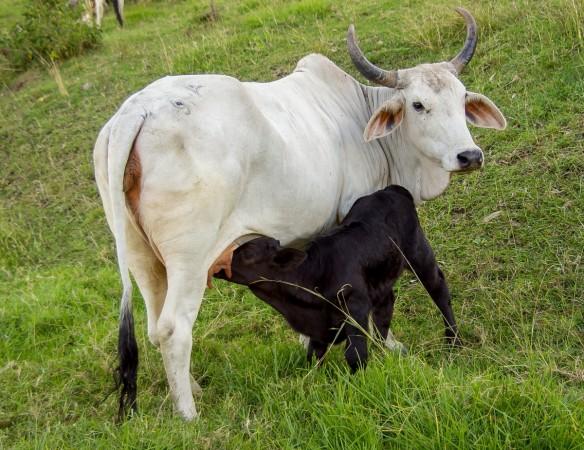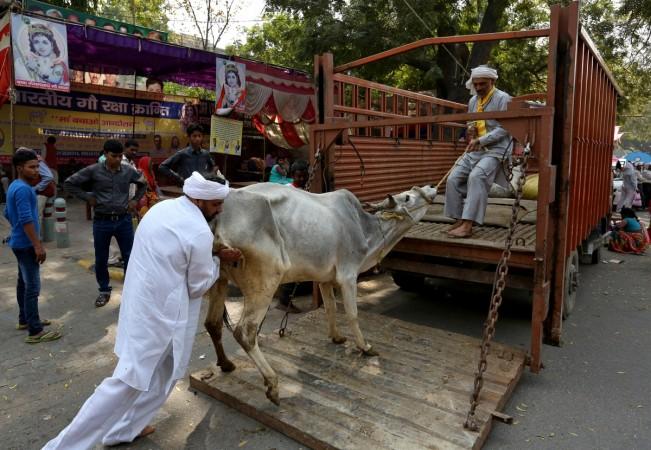The Central government has withdrawn the ban on sale of cattle for the purpose of slaughter.
The withdrawal was made formal in a notification issued by the Union Environment Ministry on Saturday, December 2.
The move is a significant one considering that the original order from May this year — which had prevented the sale of cattle for the purpose of slaughter — had been viewed as anti-Muslim.
People from the minority community are believed to dominate the Rs 1 lakh crore meat business in India.

Details of the order
The state government order that rolled back the ban on sale of cattle for slaughter reads: "In exercise of the powers conferred by section 38 of the Prevention of Cruelty to Animals Act, 1960 (59 of 1960), except as respects things done or omitted to be done before such withdrawal, the Central Government, hereby withdraws the notification number dated the 23rd May, 2017."
The original order — an amendment of the Prevention of Cruelty to Animals Act — had received a lot of flak, not the least of which was due to the fact that many thought it was a direct ban on cattle slaughter.
This was something the right-wing Hindutva outfits had been demanding for a long time and was seen as appeasement politics by not only political rivals of the BJP — which leads the NDA government at the Centre — but also animal rights groups.

Impact of the ban
The original ban had had a great impact in a number of fields, not the least of which was India's beef export market.
A report from the UN agency Food and Agriculture Organisation (FAO) in mid-2017 had said India had been the third-largest exporter of beef in the world in the year 2016, having sent out 1.56 million tonnes of the meat.
The ban on the sale of cattle for slaughter had meant that not only this market share would be lost — although possibly not in its entirety — but also that farmers would have had to pay from their pockets for cattle that could no longer till the land or provide milk.
The ban was also expected to affect the leather industry in India.











